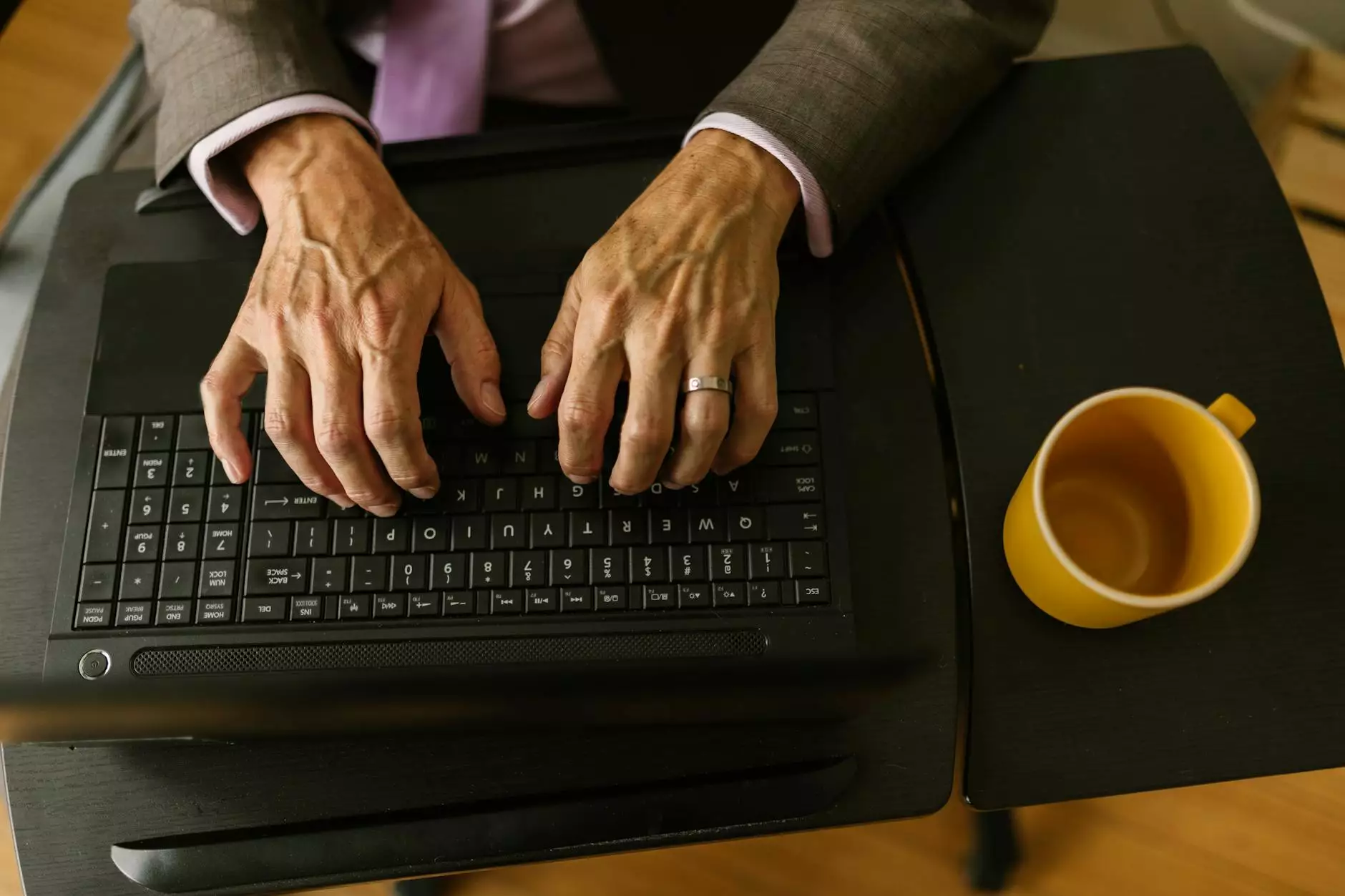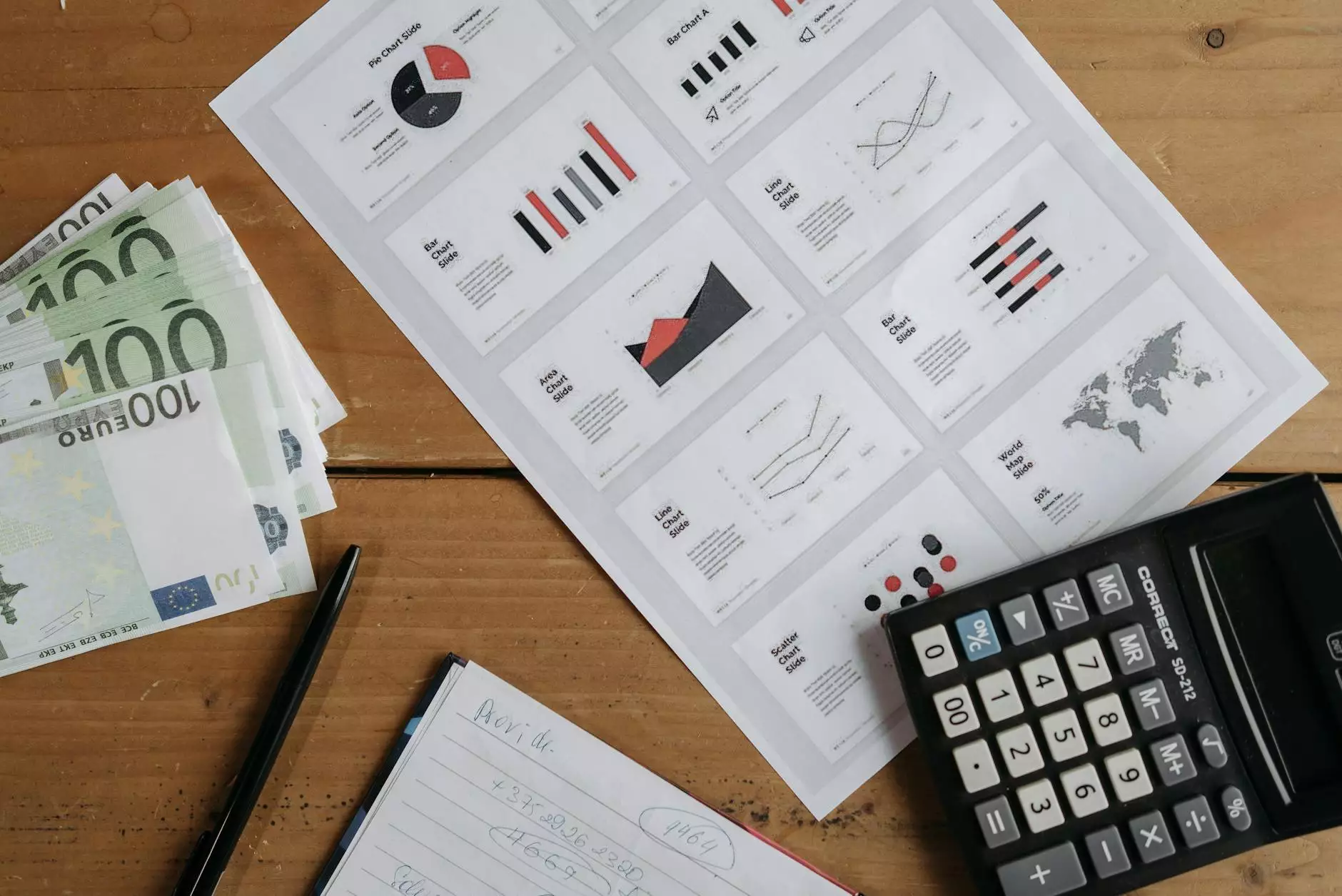Understanding Fake Britain Fake Money: Insights and Implications

The phenomenon of fake Britain fake money has garnered significant attention in today’s financial landscape. As businesses strive to maintain their integrity and profitability, the challenges posed by counterfeit currency are more pressing than ever. Understanding the implications and navigating the nuances of this issue can empower business owners to protect their interests more effectively.
The Rise of Counterfeit Currency
In recent years, the proliferation of advanced printing technologies and the internet has made it easier for counterfeiters to produce high-quality fake money. This rise can be attributed to several factors:
- Increased Accessibility of Technology: Sophisticated printing devices and software are now available to the general public.
- Global Trade Opportunities: The ease of international shipping provides counterfeiters with a vast market.
- Low Risk: Law enforcement often struggles to keep up with the rapidly evolving techniques used in counterfeiting.
The Impact of Fake Currency on Businesses
For businesses, the emergence of fake Britain fake money poses numerous challenges:
Financial Losses
When counterfeit currency is inadvertently accepted, businesses face direct financial losses that can be substantial. This situation is even more dire for small businesses operating on thin margins, where every penny counts.
Reputation Damage
Accepting counterfeit money can severely damage a business's reputation. Customers may lose trust in a business that cannot adequately verify the authenticity of its currency transactions.
Legal Ramifications
Businesses that fail to recognize counterfeit money may face legal challenges. In many jurisdictions, businesses are held accountable for the acceptance of counterfeit bills, which can lead to lawsuits and financial penalties.
Protecting Your Business from Fake Currency
Given these potential issues, it is crucial for businesses to take proactive measures to protect against fake Britain fake money. Here are effective strategies to safeguard your business:
Invest in Currency Detection Technology
There are various high-tech solutions available that can help identify counterfeit notes. Investing in machines that detect fake currency can save businesses from substantial losses.
Training Employees
Educating your staff on the signs of counterfeit notes is essential. Regular training sessions can enable employees to spot counterfeit bills before accepting them. Focus on:
- Visual checks for security features
- Touching the paper to check texture
- Using tools like UV lights for further verification
Maintain an Awareness of Counterfeit Trends
Counterfeiting techniques evolve rapidly. Staying informed about the latest trends in counterfeit currency—especially those common in Britain—can provide an edge in spotting fake notes.
Recognizing Authentic Currency Features
To effectively combat fake Britain fake money, understanding the features of authentic currency is critical. Here are key security features to look for:
Watermarks
All genuine British banknotes possess a watermark that is embedded into the paper. When you hold the note up to the light, a portrait image should be visible.
Security Thread
A thin metallic thread runs through genuine banknotes. It is visible from both sides and usually appears as a shiny silver stripe.
Microprinting
Authentic banknotes contain microprinted text that is illegible to the naked eye but can be seen under magnification.
Color-Changing Ink
When tilted, the ink used on certain elements of genuine notes changes color. This is a feature not easily replicated in counterfeit notes.
Legal Consequences of Counterfeit Currency
The production and distribution of counterfeit currency are serious offenses. Engaging in or assisting with counterfeiting activities can lead to severe penalties, including:
- Imprisonment: Serious breaches of counterfeiting laws can result in lengthy prison sentences.
- Fines: Statutory fines can be exorbitant, putting financial strain on any individual or business involved.
- Criminal Record: A conviction can result in a permanent criminal record, adversely affecting future employment opportunities.
Case Studies: Businesses Affected by Counterfeit Currency
Real-world examples can help illustrate the tangible impact of fake Britain fake money:
Case Study A: Small Retailer
In 2022, a small retailer in London accepted a counterfeit £20 note without verifying its authenticity. The loss amounted to £1,000 when a subsequent audit revealed several counterfeit transactions.
Case Study B: Large Restaurant Chain
A large restaurant chain in Manchester faced widespread criticism after accepting fake notes, resulting in a PR disaster. Consumers expressed distrust, leading to a drop in sales and increased scrutiny from regulatory bodies.
The Importance of Vigilance
In conclusion, the challenge of fake Britain fake money requires ongoing vigilance from all businesses. By implementing stringent verification processes, investing in technology, and fostering employee awareness, businesses can mitigate the risks associated with counterfeit currency. Understanding the importance of authentic currency features and staying informed about current counterfeiting trends is essential for success in today’s competitive landscape.
Final Thoughts
As the fight against counterfeit currency continues, businesses must prioritize the integrity of their transactions. The consequences of failing to recognize fake Britain fake money can be substantial, impacting both financial and reputational standing. Embrace technology, educate employees, and remain vigilant to ensure your business thrives in a complex economic environment.








